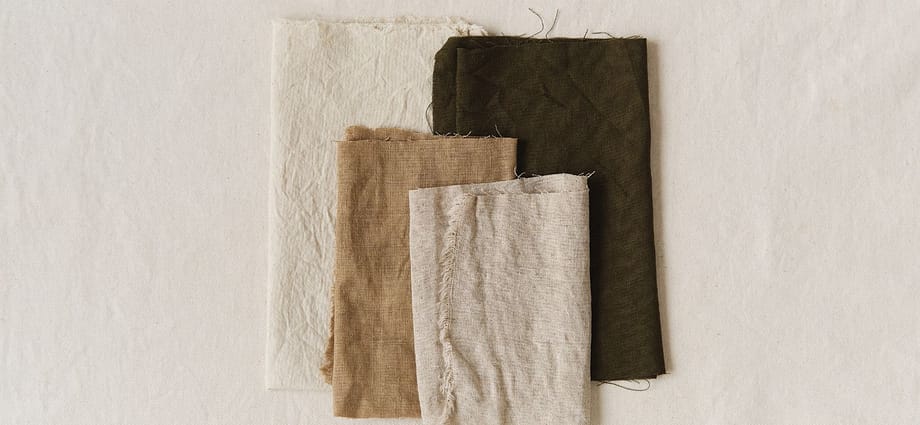As we navigate the ever-evolving landscape of fashion, more and more people are realising that fashion has a big impact on the environment. Biodegradable fabrics is one of many solutions rising to the surface.
Imagine creating clothes that are easy to take apart and recycle or revamp. Fashion is no longer just about looking good; it’s about creating fashion with a future in mind. The concept of biodegradable fabrics is not just a trend, but a transformative shift towards and a more sustainable approach to fashion.
What is Biodegradable Clothing? A Simple Guide
So, we’ve all heard about “biodegradable” in the context of nature, but what’s the deal with biodegradable clothing? Well, it’s all about clothing that can break down naturally, thanks to the work of living things like plants, bacteria, and animals, as well as natural elements like the sun and water. This breakdown turns the material into stuff that’s good for the environment.
When it comes to clothes, “bio garments” like shoes, t-shirts, and sheets are made with the goal of having as little impact on the environment as possible throughout their life cycle. This means using materials that are eco-friendly and break down easily. The cool thing is, there’s a growing number of initiatives for this kind of clothing. You can find everything from trainers made from organic cotton, hemp, and coconut to those made from recycled materials like plastic bottles and nylon from old fishing nets.
Reimagining Fashion’s Impact
Fast fashion, especially the kind that falls apart after just a few washes, contributes to human rights violations, and adds to the planet’s pollution. It’s a big player in the modern world of clothes, but it doesn’t have to be the future. The rise of biodegradable fashion could be the game-changer in making the industry more sustainable.
The conventional ‘wear it once’ culture has long been synonymous with special occasions such as weddings and events. Often, these one-off outfits end up discarded, contributing to the staggering 9% of municipal solid waste generated by clothing in the US alone. However, the advent of biodegradable textiles offers a glimmer of hope, promising to redefine the dynamics of our relationship with fashion.

Biodegradable fabrics
The Promise of Biodegradable Fabrics
Imagine a world where every garment, from the wedding gown to the red-carpet ensemble, is designed to gracefully return to the earth once its purpose has been fulfilled. Biodegradable fabrics pave the way for a future where the environmental impact of fashion is drastically reduced. These textiles, often cultivated from live organisms, hold the potential to break down into non-toxic substances, mitigating the burden on landfills and the environment.
Redefining Special Occasion Attire
For those who have traditionally adhered to the ‘can only wear it once’ mindset, the emergence of biodegradable fabrics offers a liberating prospect. Instead of relegating exquisite ensembles to the depths of the wardrobe, these individuals can embrace the beauty of one-of-a-kind outfits, knowing that their environmental footprint will be minimal. The allure of donning a unique attire for special events can coexist harmoniously with sustainability.
Challenges and Considerations
While the prospect of biodegradable fabrics holds immense promise, it is essential to acknowledge the potential challenges and drawbacks. The non-stop production of these materials may inadvertently lead to overconsumption and the excessive use of resources. As we tread this new path, it is crucial to remain mindful of maintaining a balanced and sustainable approach to fashion.
The Road Ahead
As we step into this new era of sustainable fashion, it’s imperative to weigh the pros and cons of biodegradable fabrics. By championing this transformative shift, we have the opportunity to redefine our relationship with clothing, embracing both elegance and eco-consciousness.
“The earth does not belong to us. We belong to the earth.”

